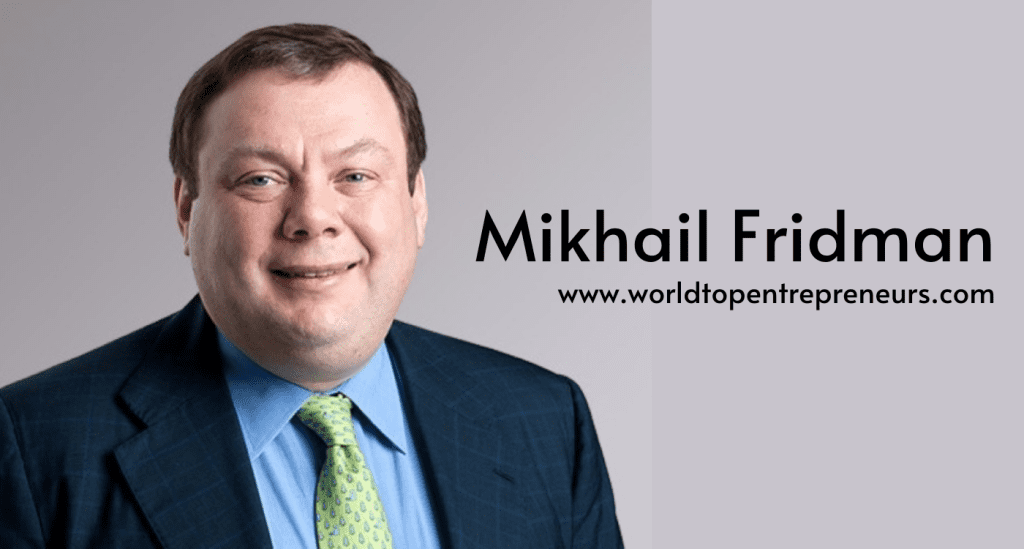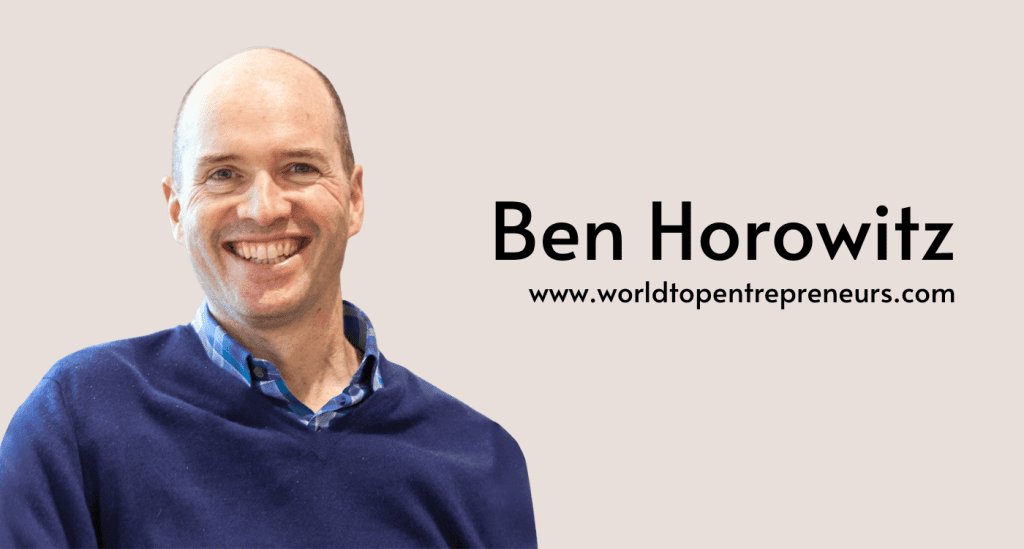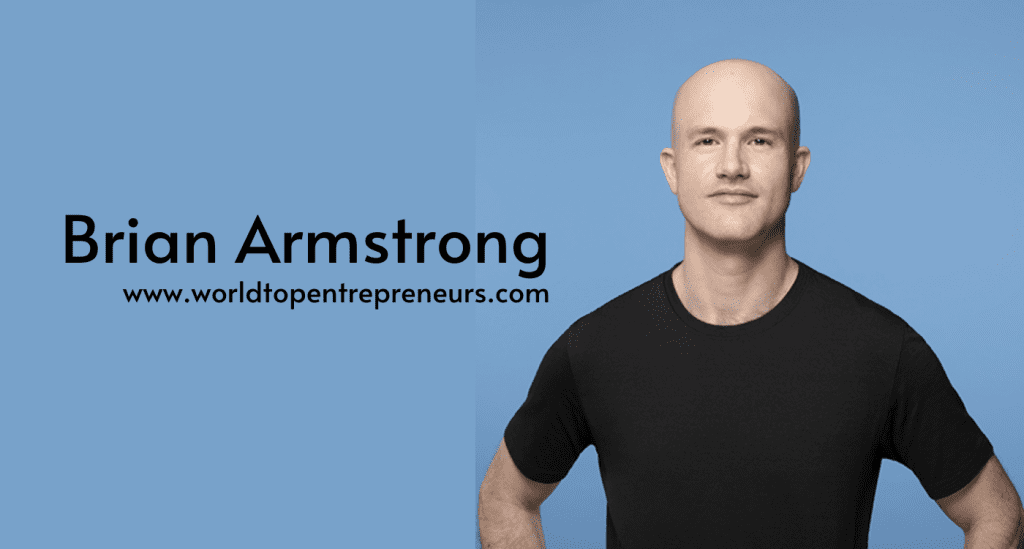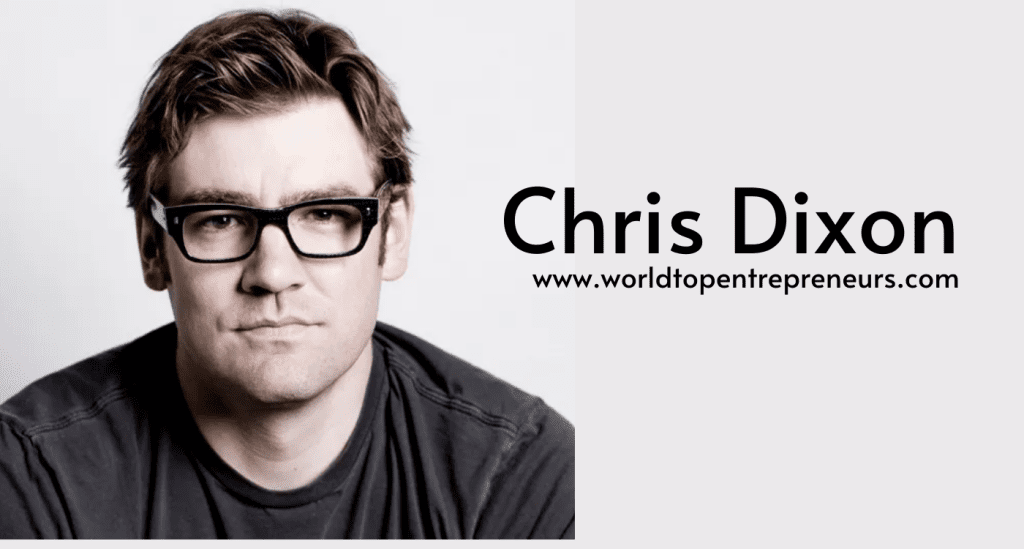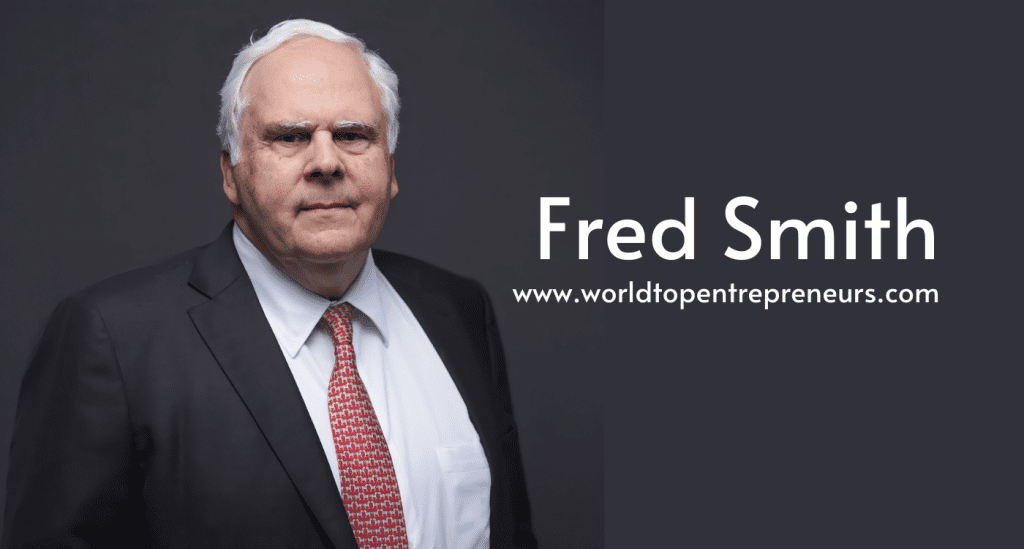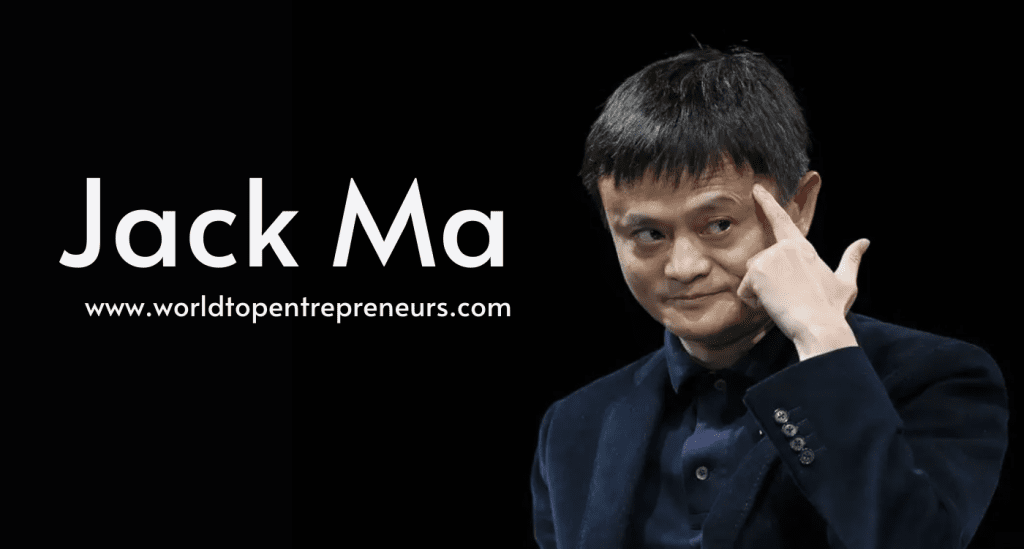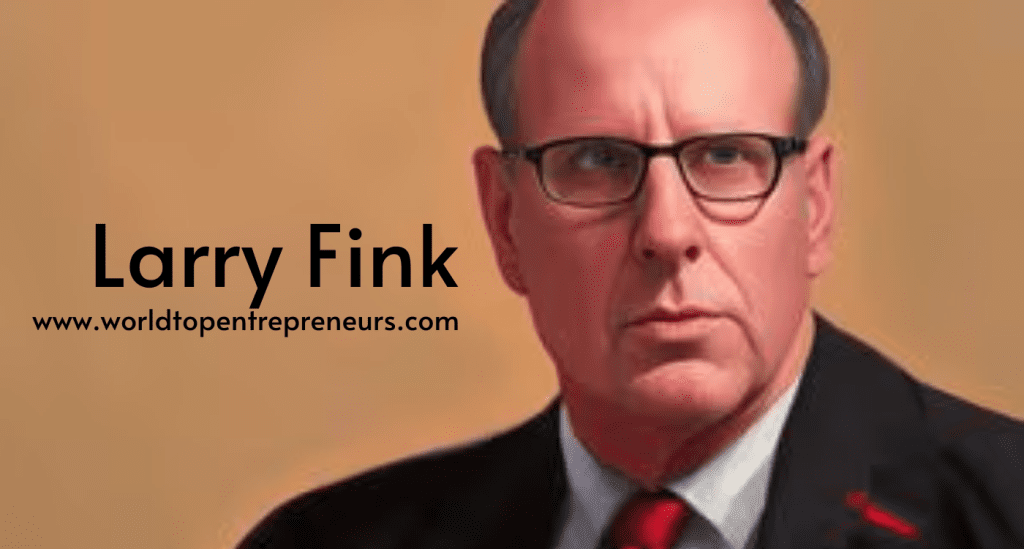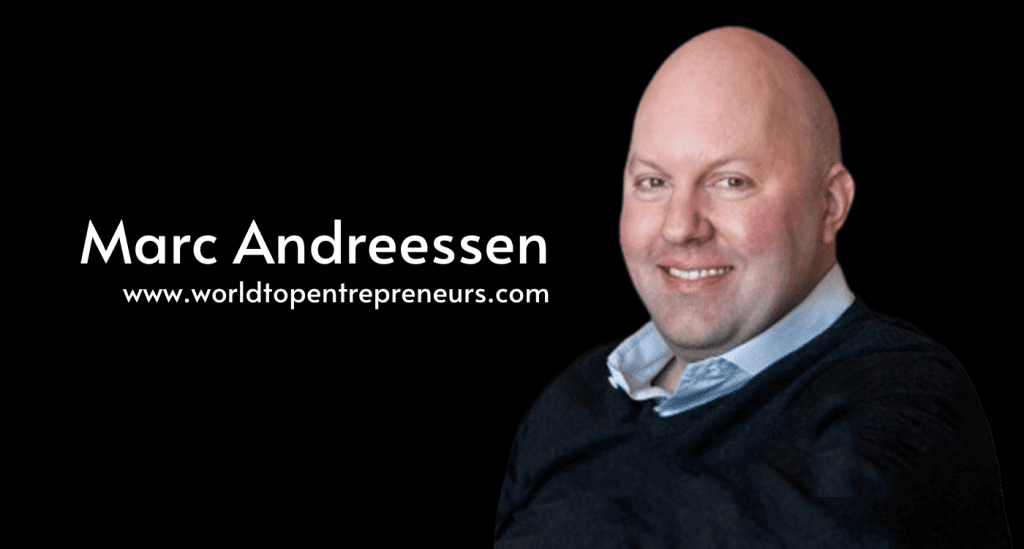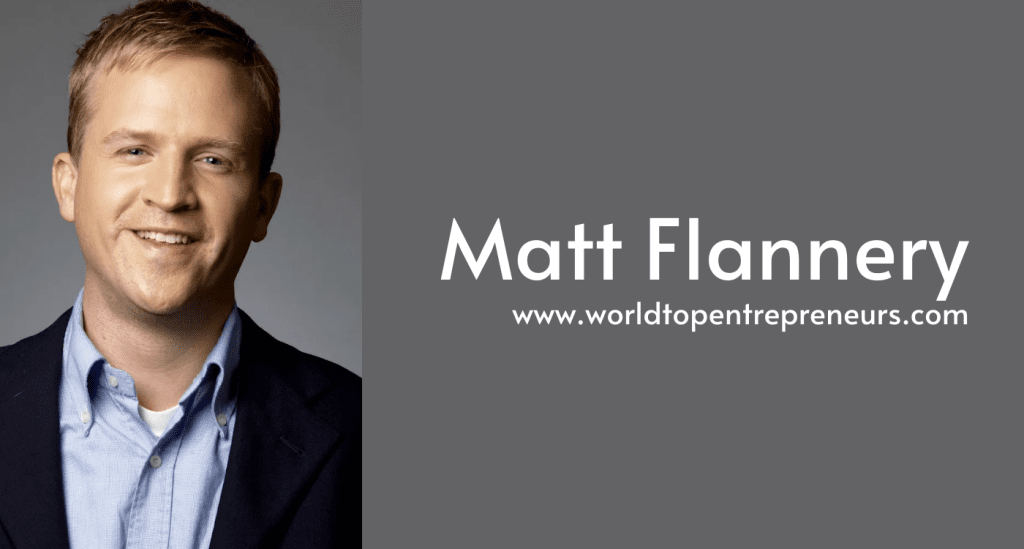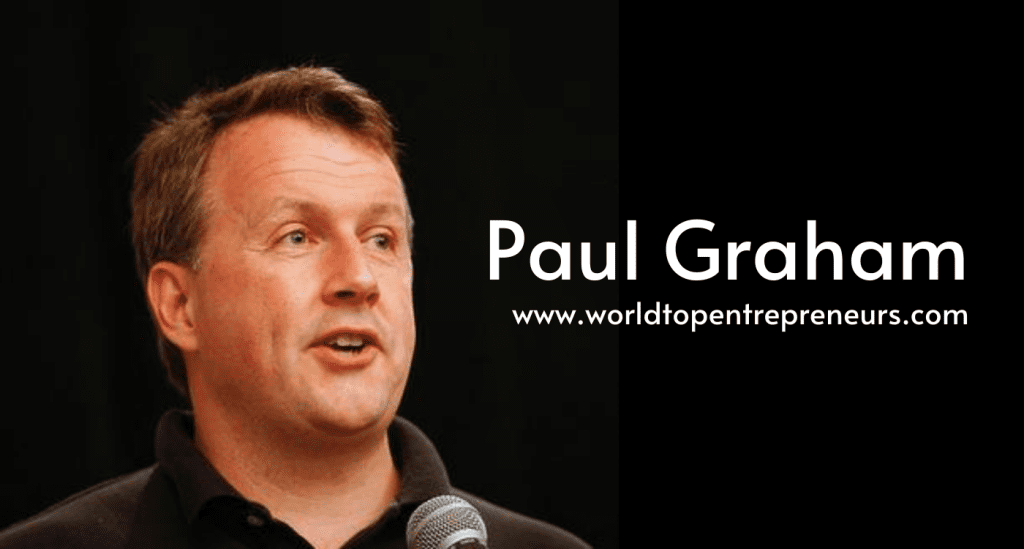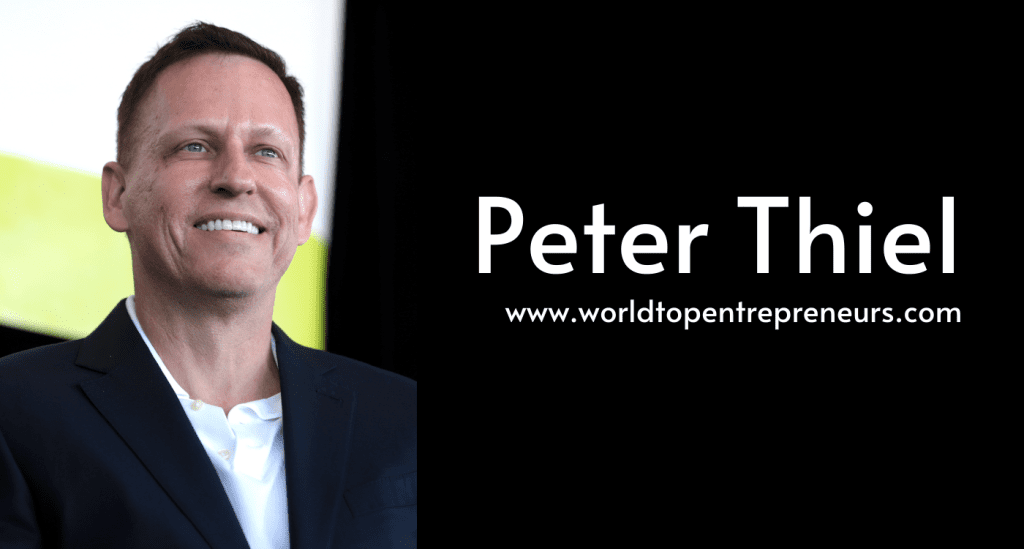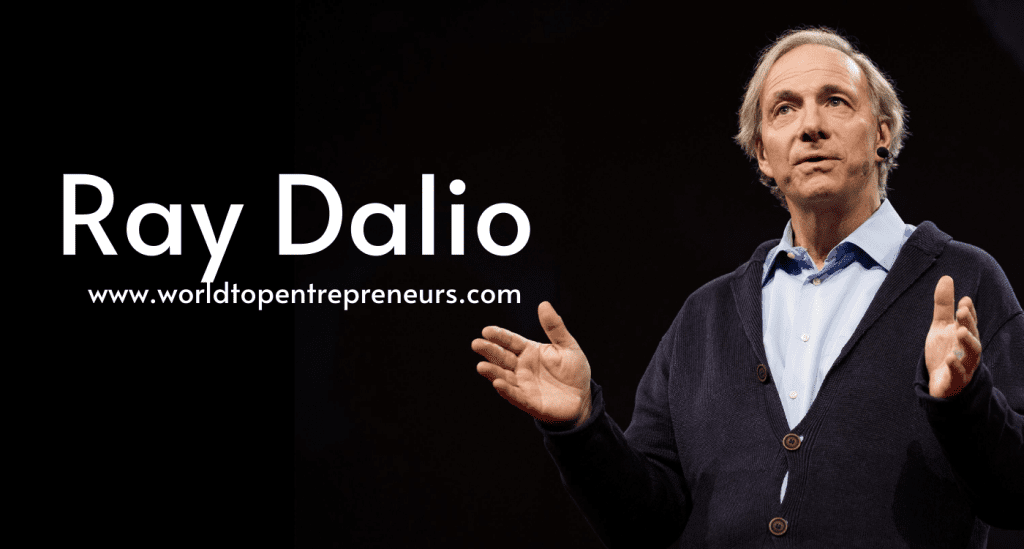Mikhail Fridman is a name synonymous with entrepreneurship, innovation, and success in the Russian business world. As one of the most prominent figures in Russia’s post-Soviet economic transformation, Fridman has played a key role in building Alfa Group, a major conglomerate that has had a significant impact on various industries. This blog will take you through his entrepreneurial journey, educational background, business ventures, struggles, and triumphs that have made him one of the wealthiest and most influential businessmen in Russia.
Early Life and Educational Background
Born on April 21, 1964, in Lviv (then part of the Soviet Union, now in Ukraine), Mikhail Fridman was raised in a Jewish family. His early life in the Soviet Union was shaped by the social and political constraints of the time, but it also laid the foundation for his entrepreneurial instincts. Fridman pursued a degree in economics at the prestigious Moscow Institute of Steel and Alloys (MISiS). There, he demonstrated an aptitude for understanding business and economics that would later serve him well in his ventures.
After graduating in 1986, Fridman initially worked in a few state-owned industries, but the collapse of the Soviet Union in the early 1990s would change the trajectory of his career forever. It was during this tumultuous period that he and a few of his fellow students, including his future business partners, would form Alfa Group, a company that would eventually grow into a sprawling empire.
Founding Alfa Group and the Early Struggles
The birth of Alfa Group was rooted in the rise of the oligarchs during the post-Soviet era. The early 1990s were marked by the privatization of state-owned assets, and this offered a unique opportunity for a group of enterprising individuals to seize control of valuable industries.
Fridman, along with his friends and business partners, started Alfa Group in 1989. The group initially ventured into trading, where it capitalized on the chaotic privatization process. Fridman’s deep understanding of economics, paired with his ability to seize opportunities in uncertain times, positioned him well in the newly emerging market. His company made its initial mark in the oil industry and eventually expanded its reach into telecoms, retail, finance, and real estate.
However, the road to success was not easy. Fridman faced numerous hurdles in the form of fierce competition, regulatory obstacles, and a business environment rife with corruption. The oligarchic system that emerged in Russia in the 1990s was often unstable and unpredictable, with business tycoons battling for control of key industries. Fridman was no stranger to these challenges, and his ability to navigate them helped solidify his place as one of Russia’s most influential business figures.
Business Background and Growth of Alfa Group
Alfa Group’s first major breakthrough came with its foray into the oil industry through its ownership of a controlling stake in TNK-BP, a joint venture with British Petroleum (BP). The deal, which was completed in 2003, was a landmark achievement for Fridman and the group, propelling him into the ranks of the Russian elite. The TNK-BP venture became one of the largest oil companies in Russia, and Fridman’s astute business acumen and negotiating skills were key to its success.
But oil wasn’t the only sector that Fridman targeted. Under his leadership, Alfa Group diversified into various industries. One of the most notable ventures was the creation of VimpelCom, a major telecommunications company. Founded in the 1990s, VimpelCom grew into one of the largest mobile phone operators in Russia and later expanded into several other countries. Fridman’s ability to recognize opportunities in telecoms proved to be highly lucrative, and the company became one of the biggest in Russia’s telecommunications sector.
In addition to oil and telecoms, Alfa Group made significant investments in banking through Alfa-Bank, one of the largest private banks in Russia. Fridman’s ability to build a diversified portfolio of businesses helped the group weather economic downturns and position itself as a powerful player in the Russian economy.
Struggles and Challenges
While Fridman’s entrepreneurial journey has been marked by significant successes, it has also been fraught with challenges. The post-Soviet Russian economy was, and still is, highly volatile, with frequent changes in government policies, taxation, and regulations. For Fridman, this meant constantly adapting to shifting political landscapes.
Moreover, the oligarchic nature of business in Russia, especially during the 1990s and early 2000s, meant that Fridman had to navigate a business world often dominated by political ties and complex power dynamics. His dealings with government officials and other powerful figures in Russia’s political sphere were often scrutinized, and his businesses faced legal battles and the constant threat of expropriation. The pressure from the Russian state, especially during times of political instability, proved to be a considerable hurdle in his career.
Despite these struggles, Fridman remained focused on expanding his business empire and diversifying his investments. He understood that the key to surviving in Russia’s unpredictable market was adaptability and maintaining strong relationships with both business and political figures.
Successes and Impact on Russia’s Economy
Fridman’s most notable achievements came through the expansion of Alfa Group’s interests and his ability to build major multinational businesses. The TNK-BP deal, in particular, was a groundbreaking achievement that elevated Fridman’s status in the global business community. The joint venture allowed him to become one of the richest people in Russia, and he used his newfound wealth to further expand his business empire.
In addition to his success in the oil and telecommunications sectors, Fridman became an influential figure in Russia’s banking and retail industries. His company’s growth was a testament to his understanding of market dynamics and his ability to adapt to changing conditions. Alfa Group’s business dealings also had a ripple effect on the Russian economy, as Fridman’s companies employed thousands and contributed significantly to Russia’s GDP.
Fridman’s success story is also intertwined with his ability to adapt to the global marketplace. His companies have expanded far beyond Russian borders, with investments in countries across Europe, the United States, and Latin America. He has successfully transformed Alfa Group into a global conglomerate, allowing it to weather the fluctuations of the Russian economy and continue to thrive on the international stage.
Philanthropy and Personal Life
Beyond business, Mikhail Fridman has also made significant contributions to philanthropic causes. He has been involved in various charitable initiatives, particularly in the fields of education and healthcare. In 2014, he and his business partners made headlines with their donation to the development of the Skolkovo Innovation Center, an initiative aimed at transforming Russia into a global hub for technology and innovation. Fridman’s focus on education, science, and technology demonstrates his long-term vision and desire to contribute to Russia’s development beyond just business.
Fridman is also known for his relatively private personal life. He is married to a woman named Sanya, and they have children. Despite being one of the wealthiest men in Russia, he is not a frequent public figure and tends to keep a low profile.
Conclusion
Mikhail Fridman’s entrepreneurial journey is a testament to resilience, strategic thinking, and an unwavering commitment to success. From the early days of Alfa Group to its rise as a global conglomerate, Fridman has proven himself to be a visionary businessman who has helped shape modern Russian industry. While his journey has been fraught with challenges, his ability to navigate a complex business environment and expand into multiple sectors has made him one of the most influential and successful figures in Russia’s post-Soviet business landscape.
His story is a prime example of how vision, strategy, and adaptability can transform a small business into a powerful global force.

